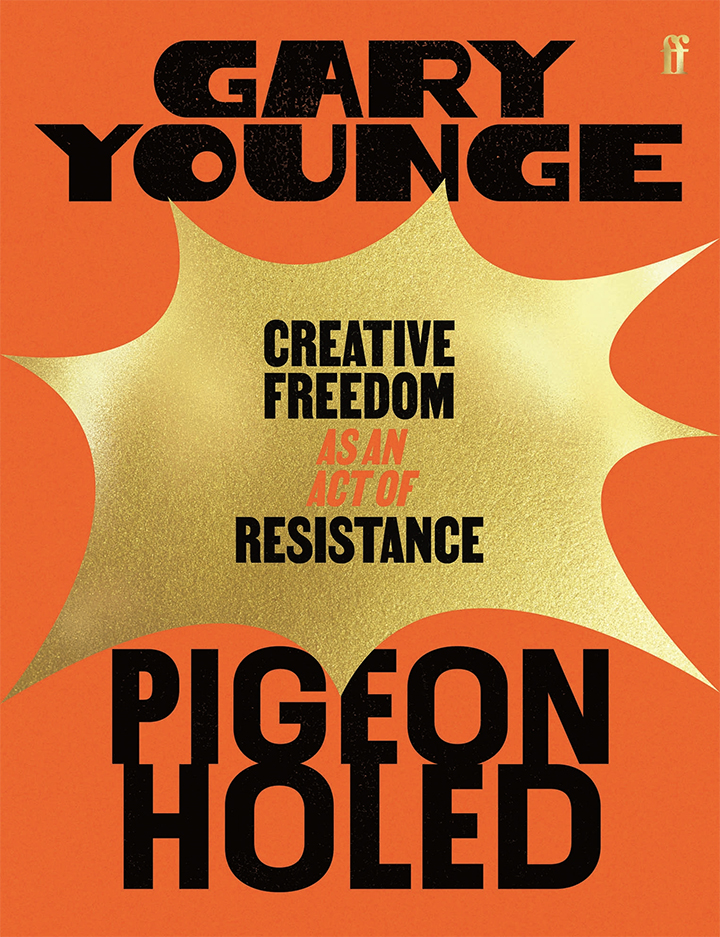It may have been the most expensive presidential race in history. But the key determinant was not turnover but turnout. So strong were the numbers in Missouri that they kept the polls open to keep up with the demand. It was not how many of the undecided Gore or Bush could convince to come their way that mattered, but how many of those who had long ago made up their minds they could convince to come out and vote.
The key battle lines at the polls are the same as those in most other spheres of America - sex, race, class and religion. Bush scored well with men, whites, protestants and the rich while Gore triumphed among women, blacks, Hispanics, Jews and the poor. "[Blacks] were energised," said the Florida state Democratic party chairman, Bob Poe in one of the crucial states.
"|It was only up to us to get them mobilised and we did that, we got the job done."
Character certainly mattered. Voters looking for honesty and strong leadership went for Mr Bush, according to a poll based on interviews with almost 7,000 voters. Those seeking a candidate with experience and an understanding of complex issues went to Mr Gore. But ultimately the vast majority of voters remained loyal to the party rather than the person. Four out of five Clinton supporters from 1996 went for Mr Gore; Nine out of ten of those who backed Bob Dole supported Mr Bush.
African-American voters were vital to Democratic fortunes. The Democrats have only won an election once with a majority of white support - with Lyndon Johnson in 1964. They can rely on an overwhelming proportion of black votes, usually over 80%, but they cannot rely on them actually going to the polls.
It was a late switch by black voters in 1960 from Republi can to Democrat, lead in part by Martin Luther King's father, that was widely credited with handing victory to John F. Kennedy.
In recent times the trade union movement has also mobilised large numbers to vote for the Democrats. In Detroit, in the key swing state of Michigan, the unions negotiated a day off on election day so that they could canvas for Mr Gore.
The Christian coalition has proved equally crucial to Republican fortunes. Their anti-abortionist and anti-gay stance has galvanised many white voters, helping to turn the south from a Democratic stronghold during the sixties to a largely Republican bastion today. The National Rifle Association has proved equally loyal with its leader, Charlton Heston, campaigning in many key states.
The efforts of these interest groups and the two candidates' reliance on them left the campaigns with little room to manoeuvre. They did try. With a black woman as one of his main aides and General Colin Powell on the campaign trail, Mr Bush did all he could to show waverers that he was an inclusive Republican.
Mr Gore reached out to the middle classes, the elderly and the young. But in the end both were evenly divided among most age groups, Catholics and middle-income voters. Mr Gore did well with those who made $30,000 (£20,000) or less while Mr Bush lead among those who made $75,000.
The truism that brought Clinton to the White House in 1992 - "It's the economy stupid" - still held true. The most important issue for many voters was the economy, and those who picked that issue backed Mr Gore heavily. Taxes were another important issue and that group backed Mr Bush by an overwhelming margin.
But Clinton's legacy of sexual impropriety - two thirds said the current president will be remembered most for the Lewinsky affair - still hurt Mr Gore's chances. Just under half said Mr Clinton's scandals were important and most of them voted Bush. Those who thought it was very important backed him by six to one.
Mr Bush was backed by those who thought world affairs was the top issue, while Mr Gore was backed by those who thought healthcare and prescription drugs were top issues.
Two-thirds of voters felt the president was at least partially responsible for the strong economy and those people leaned toward Mr Gore.
The late revelation about Mr Bush's drink driving record did not help. But only one in four said it had made a difference to their vote.






